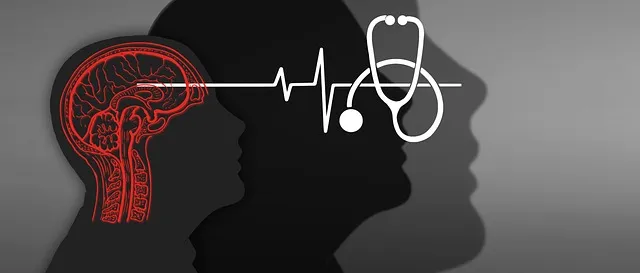Crisis Intervention Teams (CITs) at Louisville Kaiser Permanente specialize in supporting individuals with severe mental health crises, offering immediate de-escalation and risk management services. Their innovative training program combines simulations with policy analysis, empowering behavioral health providers with technical skills and holistic care knowledge. This multifaceted curriculum focuses on de-escalation, active listening, trauma-informed care, and stress management, enhancing provider capabilities and patient safety while reducing hospital admissions and promoting a healthier work environment for Louisville Kaiser Permanente's behavioral health workforce.
Crisis intervention teams (CITs) play a pivotal role in behavioral health, providing immediate support during crises. This article explores the critical importance of CIT training programs and highlights Louisville Kaiser Permanente’s innovative approach. We’ll delve into their unique features, benefits for behavioral health providers, and essential components for effective training. By understanding these elements, we can enhance crisis response and improve patient outcomes.
- Understanding Crisis Intervention Teams: A Vital Resource in Behavioral Health
- Louisville Kaiser Permanente's Approach to Training Programs: Unique Features and Benefits
- Essential Components of Effective Crisis Intervention Team Training
Understanding Crisis Intervention Teams: A Vital Resource in Behavioral Health

Crisis Intervention Teams (CITs) are a vital resource within behavioral health systems, especially in places like Louisville where Kaiser Permanente offers specialized care. These teams are designed to provide immediate support and de-escalation strategies for individuals experiencing severe mental health crises. CIT members, often comprising of both clinical professionals and laypersons, receive comprehensive training to recognize distressing behaviors, manage high-risk situations, and connect individuals with appropriate long-term care.
By integrating these teams into the landscape of Louisville Kaiser Permanente behavioral health providers, there’s a significant emphasis on early intervention and prevention. This approach not only improves patient outcomes but also contributes to the broader Mental Health Policy Analysis and Advocacy efforts by reducing hospital admissions and promoting community-based support systems. Furthermore, effective CIT training can enhance Stress Management and Burnout Prevention strategies among healthcare workers, fostering a healthier and more sustainable work environment.
Louisville Kaiser Permanente's Approach to Training Programs: Unique Features and Benefits

Louisville Kaiser Permanente has pioneered an innovative approach to crisis intervention team training programs. Their unique model integrates hands-on simulations with comprehensive mental health policy analysis and advocacy, ensuring that behavioral health providers are not only equipped with technical skills but also deeply understand the broader landscape of mental wellness support. This dual focus facilitates a holistic approach to patient care, addressing both immediate crisis situations and long-term mental health education programs design.
The program stands out for its immersive training sessions that recreate real-world scenarios, allowing participants to practice intervention techniques in a safe environment. By combining these practical exercises with rigorous Mental Health Policy Analysis and Advocacy, Louisville Kaiser Permanente fosters a generation of providers who can navigate complex systems and deliver effective care. This comprehensive approach not only enhances individual provider capabilities but also contributes to the overall improvement of mental health education programs, ultimately benefitting the community at large.
Essential Components of Effective Crisis Intervention Team Training

Effective crisis intervention team (CIT) training programs are multifaceted and tailored to equip Louisville Kaiser Permanente behavioral health providers with the necessary tools to handle acute situations safely and effectively. A comprehensive CIT curriculum should encompass several key components, ensuring that each team member gains valuable skills in de-escalation techniques, active listening, and trauma-informed care. These foundational elements empower professionals to assess and manage emotional regulation while facilitating open communication, crucial for navigating high-stress scenarios.
Moreover, training should delve into risk management planning, enabling mental health professionals to anticipate potential risks and implement strategies for effective crisis de-escalation. By integrating evidence-based practices focused on stress management, CIT members learn to recognize subtle cues of distress and respond accordingly. This holistic approach not only enhances the safety of both clients and providers but also fosters an environment where emotional resilience is prioritized, ensuring optimal care for all involved.
Crisis intervention team (CIT) training programs, as exemplified by Louisville Kaiser Permanente’s innovative approach, are indispensable tools in enhancing behavioral health care. By equipping healthcare providers with specialized skills, these programs facilitate more effective navigation through crisis situations. The essential components highlighted throughout this article—from comprehensive curriculum to practical exercises—are key to fostering successful CIT teams. Investing in such training not only benefits individuals in immediate need but also contributes to a more resilient and equipped behavioral health care system as a whole.


